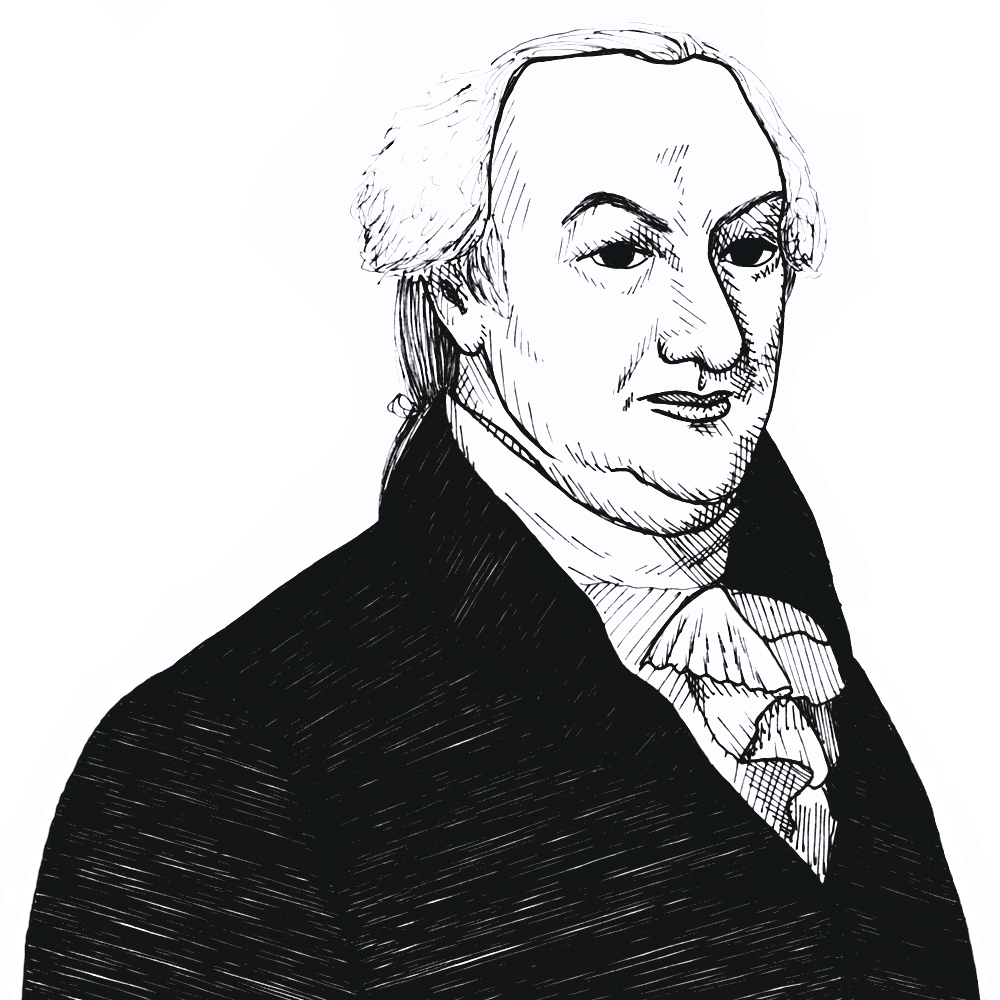
Gouverneur Morris on the proper balance between commerce, private property, and political liberty (1776)
Found in: To Secure the Blessings of Liberty: Selected Writings
In his Political Enquiries (1776), Gouverneur Morris (1752-1816) was ruminating on key political questions on the eve of American Independence. In this section “Of Commerce,” he worries about the tension between private property rights and commerce on the one hand, and the exercise of political liberty which might be used to violate property rights:
Politics & Liberty
Now as Society is in itself Progressive as Commerce gives a mighty Spring to that progressive force as the effects both joint and Separate are to diminish political Liberty. And as Commerce cannot be stationary the society without it may. It follows that political Liberty must be restrained or Commerce prohibited. If a Medium be sought it will occasion a Contest between the spirit of Commerce and that of the Government till Commerce is ruined or Liberty destroyed. Perhaps both.